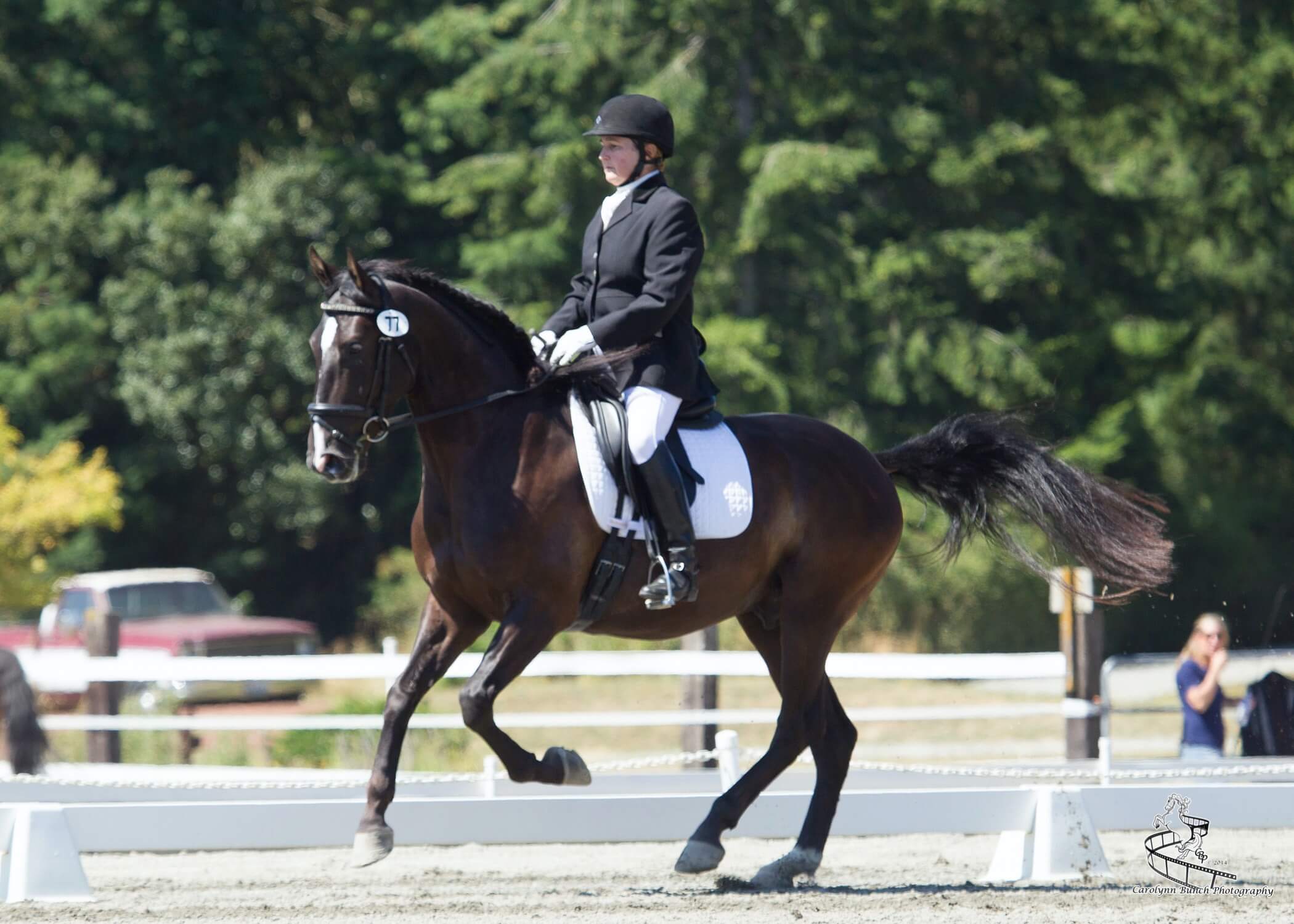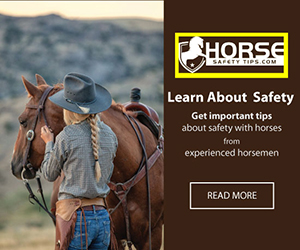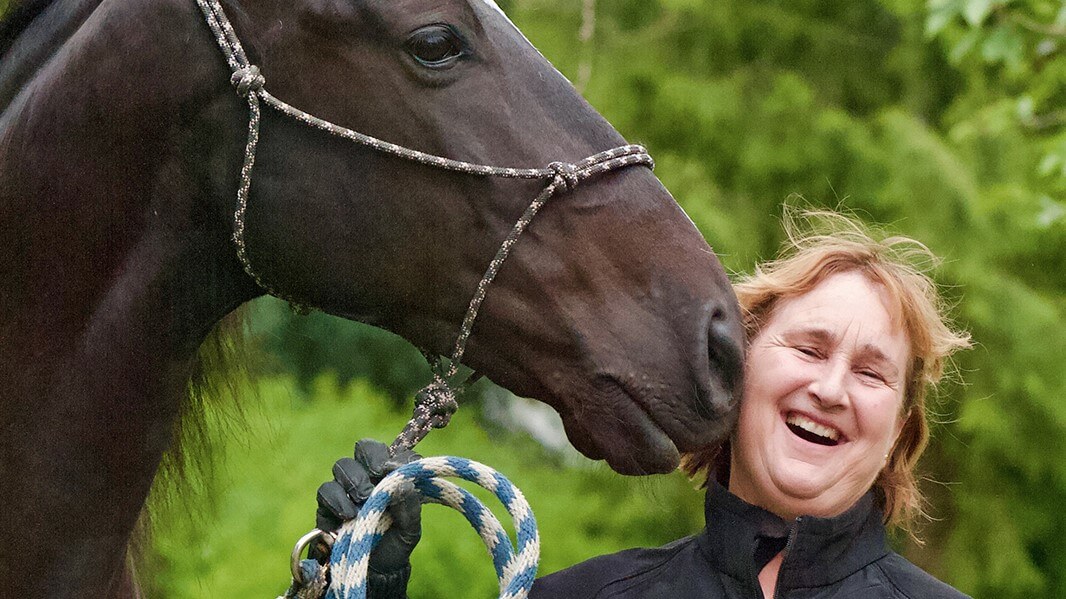I got pretty sick a few weeks ago. I just kept pushing myself, thinking my lack of energy and aching muscles were related to the fact that I’m getting older and the physical demands of caring for the farm had me a little run down. Then one morning I almost couldn’t stand up and I found myself in a lot of physical pain. The world spun and just putting my socks on was too hard.
I decided maybe it was time to go to the doctor, so I dragged myself through my morning chores (horses still need care) and then went to urgent care. It turned out I had a serious infection. Powerful antibiotics were prescribed, and within a few hours I started to feel a little better. Boy, I sure am grateful I live in the time of antibiotics! Without them I probably would’ve died.
Because I’m horse crazy, whatever I experience myself correlates eventually to horses. Two things struck me: one, how important it is to pay attention to a horse who’s a little off and two, have a veterinarian check out your horse sooner than you might be tempted to do. A little blood work can go a long way in figuring out if your horse is sick, and the practiced eyes of a good vet can perhaps see something that’s causing locomotive or dental pain, endocrine problems, or other health issues.
If left too long, minor health problems can quickly become life-threatening. In an attempt to save money and time we sometimes try the “wait and see” method, which might end up really expensive—both financially and emotionally if we end up losing our horse.
Watch out for subtle changes: tidy horses becoming messy, social butterflies who stay off by themselves, ravenous pigs who suddenly don’t finish their hay, a refusal to walk on cement or stand for mounting when they never minded before. These are just a few examples of behaviors I’ve experienced in horses who weren’t well.
Equines are stoic. It’s built into prey animals to not show pain in order to survive. Watch your horses and really see them. Know what’s normal and take note of what they’re saying, however subtle it might be.
Please take care of yourselves and your horses and enjoy our Equine Wellness issue. As always, feel free to contact me at [email protected].
See this article in the October 2021 online edition:

Kim Roe grew up riding on the family ranch and competed in Western rail classes, trail horse, reining, working cow, and hunter/jumper. She trained her first horse for money at 12 years old, starting a pony for a neighbor.
Kim has been a professional dressage instructor in Washington state for over 30 years, training hundreds of horses and students through the levels. In recent years Kim has become involved in Working Equitation and is a small ‘r’ Working Equitation judge with WE United.
Kim is the editor of the Northwest Horse Source Magazine, and also a writer, photographer, and poet. She owns and manages Blue Gate Farm in Deming, Washington where she continues to be passionate about helping horses and riders in many disciplines.






